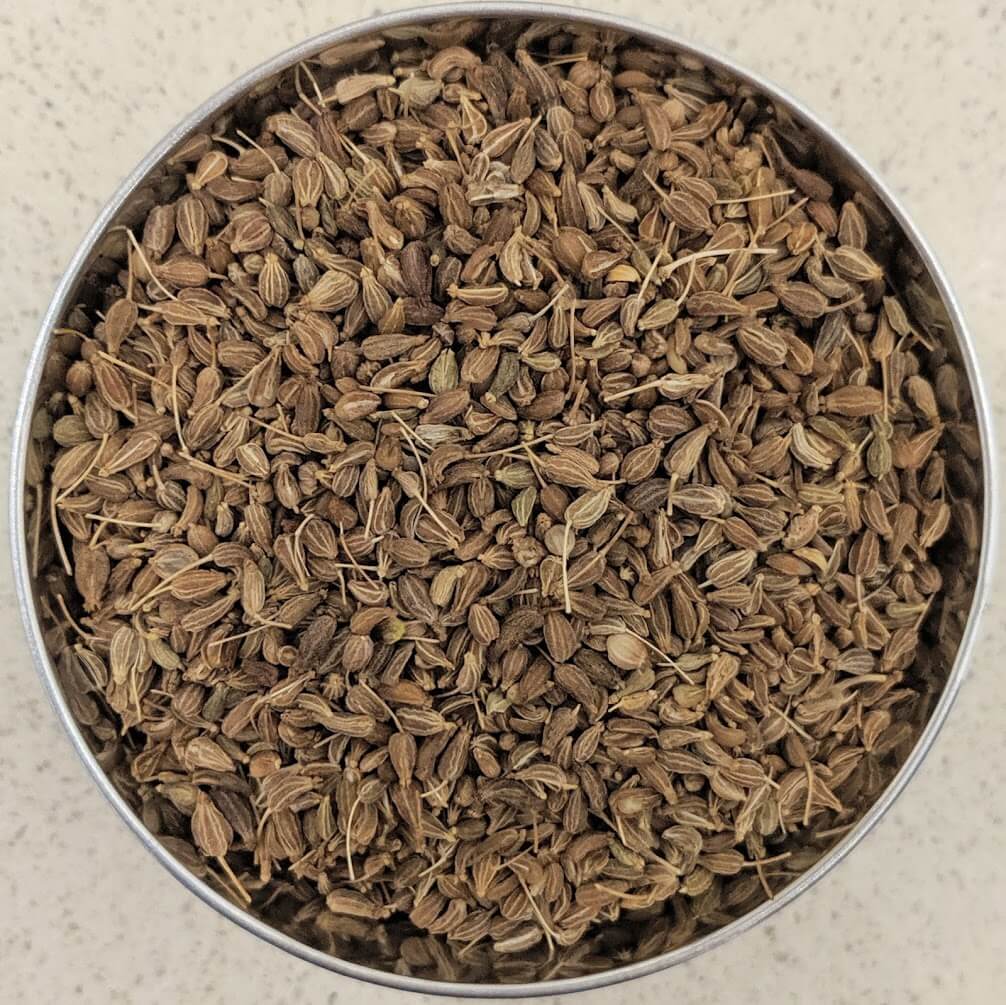Discover the Health Benefits of Aniseed Spice Today

Aniseed spice, also known as anise, is a popular spice derived from the anise plant’s seeds (Pimpinella anisum). It has a distinct licorice-like flavor and is commonly used in cooking and baking. Aniseed spice is native to the Mediterranean region and has been used for centuries for its culinary and medicinal properties. It is known for its aromatic qualities and is often used to enhance the flavor of various dishes, beverages, and desserts.

History and Origin of Aniseed Spice
Aniseed spice has a rich history that dates back thousands of years. It is believed to have originated in the eastern Mediterranean region, including Egypt, Greece, and Rome. The ancient Egyptians used aniseed spice in their cooking and as a medicinal herb. It was also used in religious ceremonies and was believed to have magical properties.
The use of aniseed spice spread throughout the ancient world, with the Greeks and Romans incorporating it into their cuisine. It was highly valued for its flavor and medicinal properties. The Romans even used it as a currency at one point.
Nutritional Value of Aniseed Spice
Aniseed spice is low in calories but rich in nutrients. It contains essential vitamins and minerals such as iron, calcium, magnesium, and vitamin C. It is also a good source of dietary fiber.
In addition to its nutritional content, aniseed spice also offers several health benefits. It has antioxidant properties that help protect the body against free radicals and oxidative stress. It also has anti-inflammatory properties that can help reduce inflammation in the body.
Aniseed Spice for Digestive Health
Aniseed spice has long been used to aid digestion and treat digestive issues. It contains compounds that can help relax the gastrointestinal tract muscles, which can help relieve symptoms such as bloating, gas, and indigestion. It can also help stimulate the production of digestive enzymes, improving digestion.
Aniseed spice is often used in traditional medicine to treat digestive disorders such as colic, flatulence, and constipation. It can be consumed as tea or added to dishes to help promote healthy digestion.
Aniseed Spice for Respiratory Health
Aniseed spice has been used for centuries to treat respiratory issues such as coughs and colds. It has expectorant properties that can help loosen mucus and phlegm, making it easier to expel from the respiratory tract. It can also help soothe a sore throat and reduce coughing.
Aniseed spice is often used in herbal remedies for respiratory conditions such as bronchitis and asthma. It can be consumed as tea or added to hot water for inhalation to help relieve congestion and promote respiratory health.
Aniseed Spice for Skin Health
Aniseed spice offers several benefits for the skin. It has antibacterial properties that help prevent and treat acne and other skin infections. It also has antioxidant properties that can help protect the skin against damage from free radicals and environmental pollutants.
Aniseed spice is often used in skincare products such as soaps, lotions, and creams. It can also be used topically as a natural remedy for various skin conditions such as eczema, psoriasis, and dermatitis.
Aniseed Spice for Oral Health
Aniseed spice has been used for centuries to promote oral health. It has antimicrobial properties that can help kill bacteria in the mouth, reducing the risk of gum disease and tooth decay. It can also help freshen breath and reduce bad breath.
Aniseed spice is often used in natural toothpaste, mouthwash, and breath fresheners. Chewing on aniseed seeds can also help promote oral health.
Aniseed Spice for Mental Health
Aniseed spice has been used in traditional medicine to promote mental health and well-being. Its calming properties can help reduce anxiety and stress, improve mood, and promote relaxation.
Aniseed spice is often used in aromatherapy to promote mental and emotional balance. It can be used in diffusers, massage oils, and bath products to help relieve stress and promote a sense of calm.
Aniseed Spice in Traditional Medicine
Aniseed spice has a long history of use in traditional medicine. It has been used for centuries to treat various ailments and promote overall health and well-being. It is highly valued for its medicinal properties and is often used as a natural remedy for digestive issues, respiratory conditions, skin problems, and more.
In many cultures, aniseed spice is considered a sacred herb with spiritual significance. It is often used in rituals and ceremonies to promote healing and purification.
How to Incorporate Aniseed Spice into Your Diet
There are several ways to incorporate aniseed spice into your diet. It can be used as a seasoning in savory dishes such as soups, stews, and roasted vegetables. It can also be added to baked goods such as cookies, cakes, and bread.
By steeping the seeds in hot water for several minutes, aniseed spice can be brewed into tea. This tea can be enjoyed independently or combined with other herbs for flavor and health benefits.
It is important to use aniseed spice in moderation, as it has a strong flavor. Some people may also be allergic to aniseed spice, so it is important to test for adverse reactions before consuming it regularly.
Aniseed spice is a versatile spice that offers numerous health benefits. From aiding digestion to promoting respiratory health, this spice has been used for centuries for its medicinal properties. It can also benefit the skin, oral health, and mental well-being.
Incorporating aniseed spice into your diet can be as simple as adding it to your favorite recipes or brewing it into a tea. However, it is important to use it in moderation and be aware of potential allergies or side effects.
Overall, aniseed spice is a valuable addition to any kitchen pantry. Its unique flavor and health benefits make it a versatile and beneficial spice to incorporate into your daily routine.